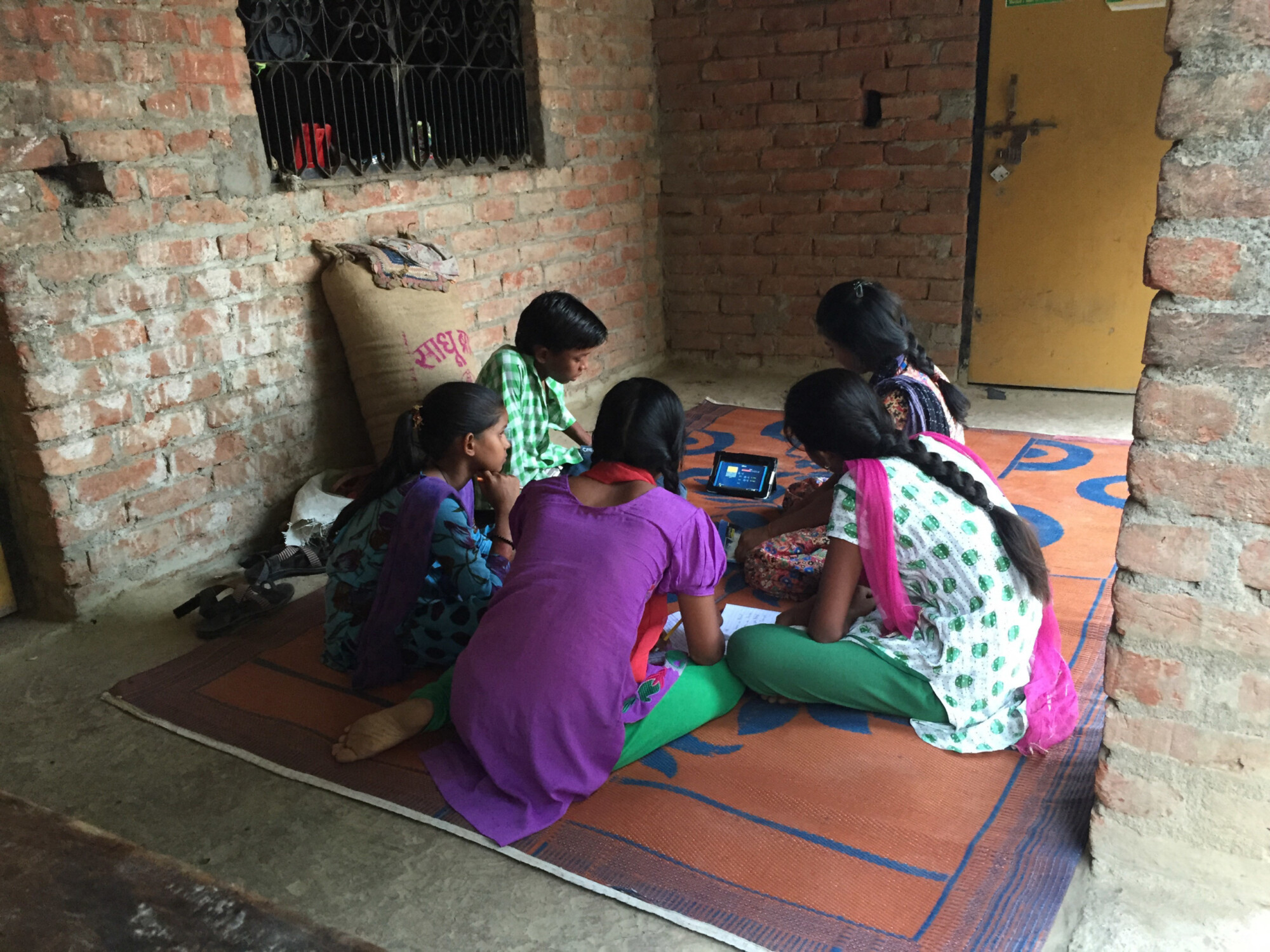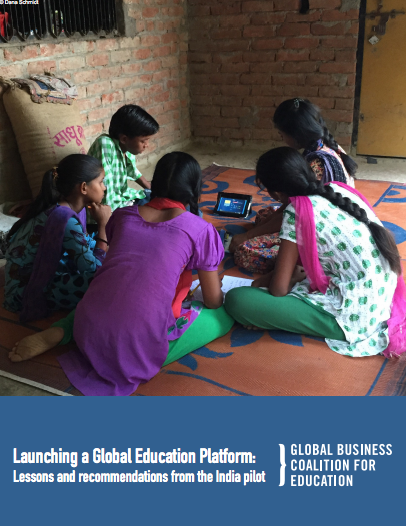GEP Releases New Report to be Submitted to International Commission

Photo by Dana Schmidt.
Just two months following the launch of #YourStoryIndia, a youth-driven digital writing contest in India, GBC-Education’s Global Education Platform (GEP) initiative is thrilled to announce the contest’s success, along with the release of a new report, Launching a Global Education Platform: Lessons and Recommendations from the India Pilot.
From October to December, the #YourStoryIndia pilot was able to engage 1.4 million users to produce more than 230,000 stories uploaded to Wattpad’s platform. Now, GBC-Education is releasing a new report detailing the outcomes, opportunities, and recommendations based on the pilot.
This report was produced after a year when Adam Braun, founder of Pencils of Promise, served as Director of GBC-Education’s GEP project. During 2015, Braun led the initiative to build further thinking and consultation of prior research on potential GEP models and conversations at #Tech4Ed forums from which the #YourStoryIndia pilot was conceived.
During a meeting among Coalition members, Braun shared his excitement for the future: “This is a great opportunity to build upon lessons learned from the Global Education Platform pilot to make greater impact on closing the skills gap for marginalized youth globally.” As the report documents five potential next steps for the initiative to address the global skills crisis, it has now been formally submitted to the International Commission on Financing Global Education Opportunity for consideration.
Read about the five next steps documented in the report:
1. Identify research priorities: Build upon learnings from the pilot, identify key
opportunities for further development of technology-enhanced educational
interventions serving the most marginalized populations globally, and leverage
research to identify needs, existing tools, and effective solutions to global
learning gaps.
2. Build an advocacy network: Develop the role of a global ‘champion’
committed to promoting and advocating for good practice, building a network
that can influence what happens across the sector as a whole.
3. Develop an interactive hub: Provide applied thought leadership to the sector
to continue to address the skills gap, broker and incubate partnerships, facilitate
spin-off initiatives, host high-level events, and connect like-minded organizations
for maximum collaborative impact.
4. Launch additional pilots: Engage in a series of pilots focused on the use of
education technology to address the skills crisis and track learning in a systemic
and integrated way in order to contribute to the sector by building the evidence
base for what works, what does not work, and why.
5. Expand the platform: Continue to develop the platform to draw in content
from other providers, impose standards, structure, and multiple pathways
applicable for different skills gaps and in particular work to tailor content and
accessibility for different types of marginalization — including access in remote
areas and use by people with disabilities.
Within these five opportunities, the report emphasizes the role of technology in education in emergencies. Information Communication Technology for education in emergencies (ICT4EiE), for example, offers a platform that may be able to make a concrete and scalable positive impact in the context of the current refugee crisis that the global community is facing.
To learn more about opportunities to get involved, please contact Tyler Zang at [email protected].

